
The 12th China Undergraduate Physics Tourdnament (hereinafter referred to as CUPT) was held online from August 21 to 24, and after three days and six rounds of fierce competition, the team from East China Normal University (ECNU) won the Grand Prize with the third place in the final score. This is the first time that our university has won the National Grand Prize since its participation, making a historic breakthrough.
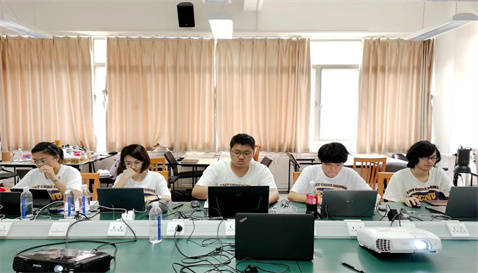
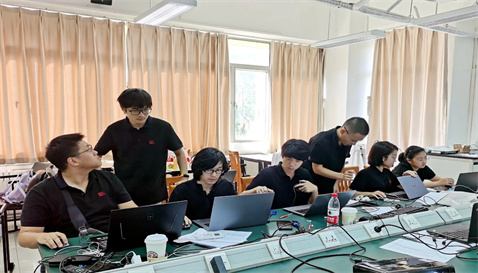
The CUPT is a national competition based on the model of the International Young Physicists Championship, which aims to improve students' ability to analyze and solve practical physics problems by applying their knowledge and to cultivate their open-mindedness. CUPT is one of the important innovation competitions for university students. At present, CUPT has developed into a large-scale event for comprehensive improvement of students' overall quality, divided into national, regional, provincial and municipal competitions.
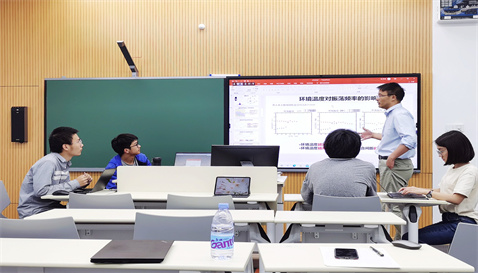
The 12th CUPT in 2021 was organized by the Organizing Committee of CUPT and co-organized by Harbin Normal University and Heilongjiang Physics Association. 63 teams from 62 universities that won the regional competition participated in the national competition. The CUPT competition was divided into five rounds of preliminaries and two stages of finals. In the final, our team members won the unanimous approval of the expert judges for their rigorous scientific attitude, solid theoretical skills, innovative experimental design, sensitive argumentative thinking, excellent psychological quality and tacit teamwork, and finally won the Grand Prize.
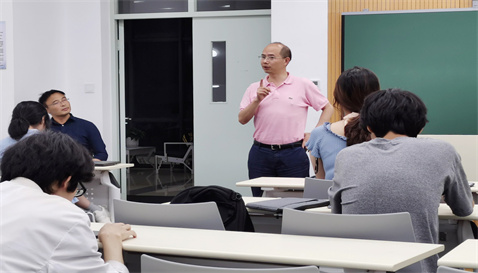
The CUPT questions are different from traditional physics competition questions, most of them are open-ended physics questions from life, from the frontier, without standard practice and standard answers. Students need to research literature, design experiments, derive theories and solve problems that arise in the research process, said Xia Chengjie, the instructor.
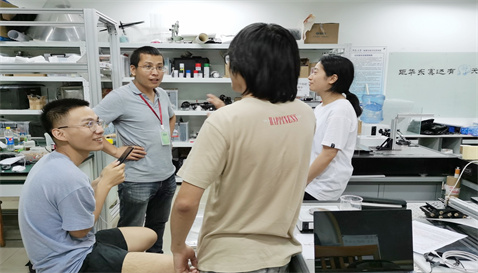
He took the example of question 9 of the competition, Light whiskers, which was based on a study reported on the cover of Nature in July 2020, requiring the use of the most common soap film to bifurcate light that normally travels in a straight line, and explaining the principle behind it. After much exploration, the students finally succeeded in observing the stable phenomenon, and by cleverly combining simple experimental equipment, they achieved the same experimental effect as foreign professional research teams, but greatly reduced the experimental cost.
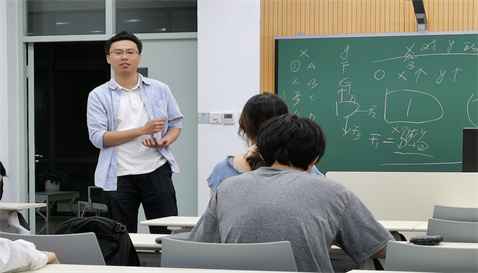
Xia Chengjie said that in the theoretical research, the East China Normal University students did not stop at the ready-made conclusions in Nature, but explored more deeply the geometric nature of the light bifurcation phenomenon and carried out systematic numerical calculations. This question eventually became the topic of the East China Normal University team's self-selected presentation at the final of the national competition, and the exquisite experimental design and in-depth theoretical explanation won the praise of the judges and audience in the whole field.
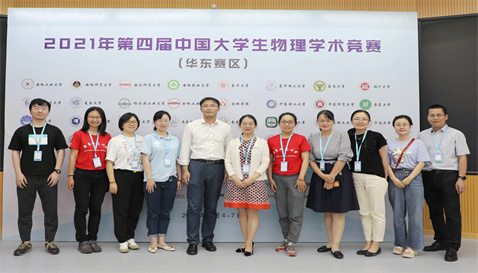
Team member said:
Over the past year of CUPT life, I have deeply aware that there is a huge difference between mastering knowledge and having the ability to use it and explore the unknown world, and that only by being brave enough to explore and take the initiative to challenge the difficulties can we make what we have learned work, glimpse new phenomena, comprehend new mechanisms, and summarize new physics. I also learned that teamwork is the catalyst for academic breakthroughs and can greatly enhance the efficiency of turning knowledge into output.
——Wang Xinzhu, Team leader, Physics Strong Foundation Class of 2020
We encountered many difficulties in our research, and usually got new breakthroughs after switching our thinking, which inspired the confidence of the team. As a team member, I was able to improve my communication skills through multi-person collaboration. In regular lab classes, We mainly operated the experimental setups that were already built, but only after building and improving the experimental setups with our own hands here did my experimental skills really improve.
——Sha Ruicheng, Student leader , Physics Teacher Training Class of 2019
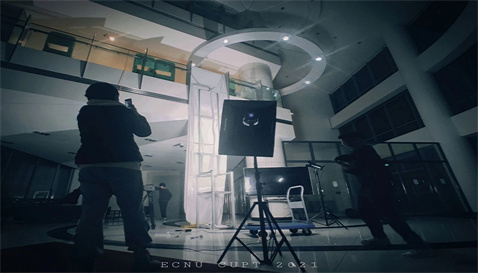
Source: School of Physics and Electronic Science